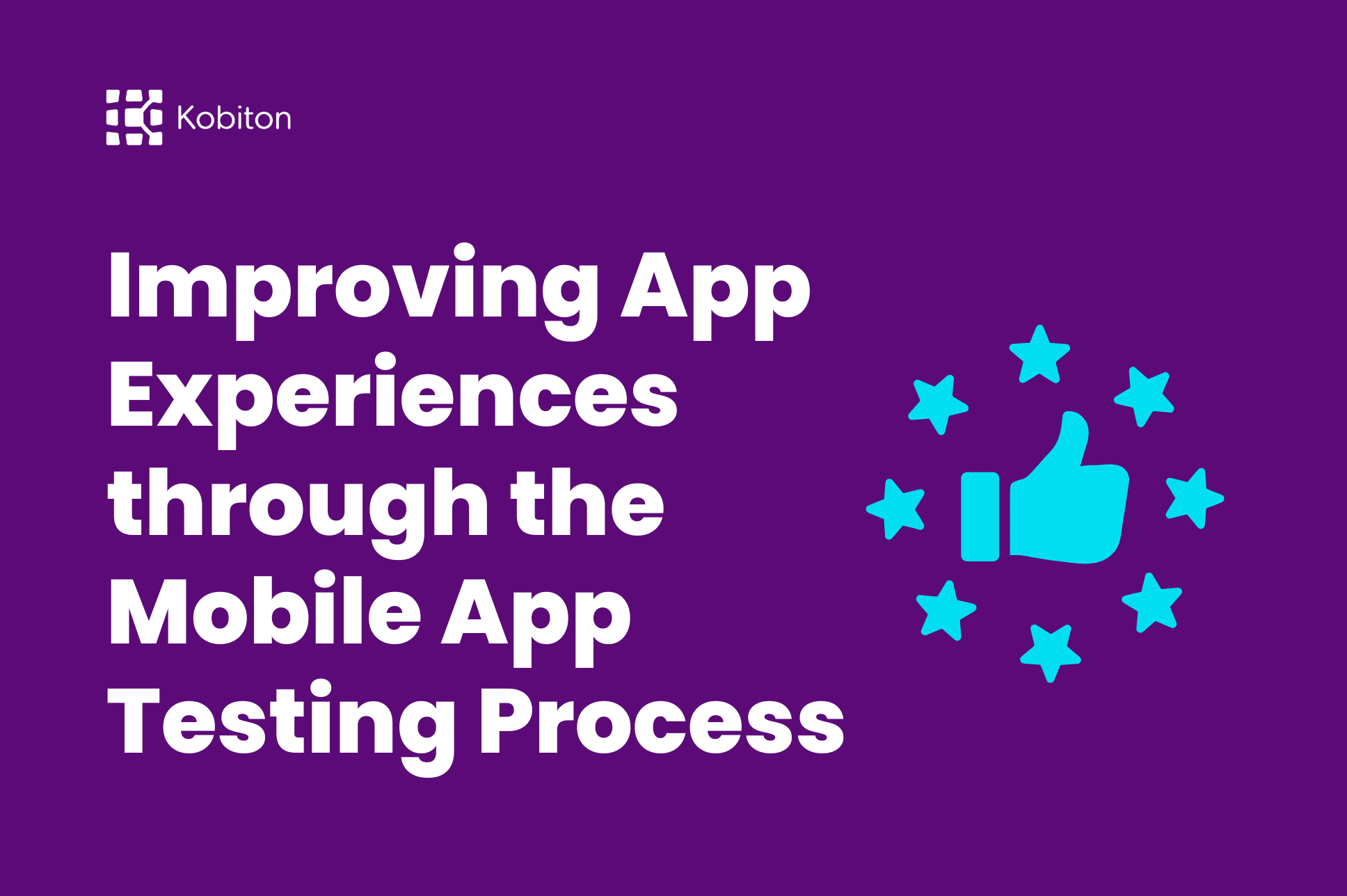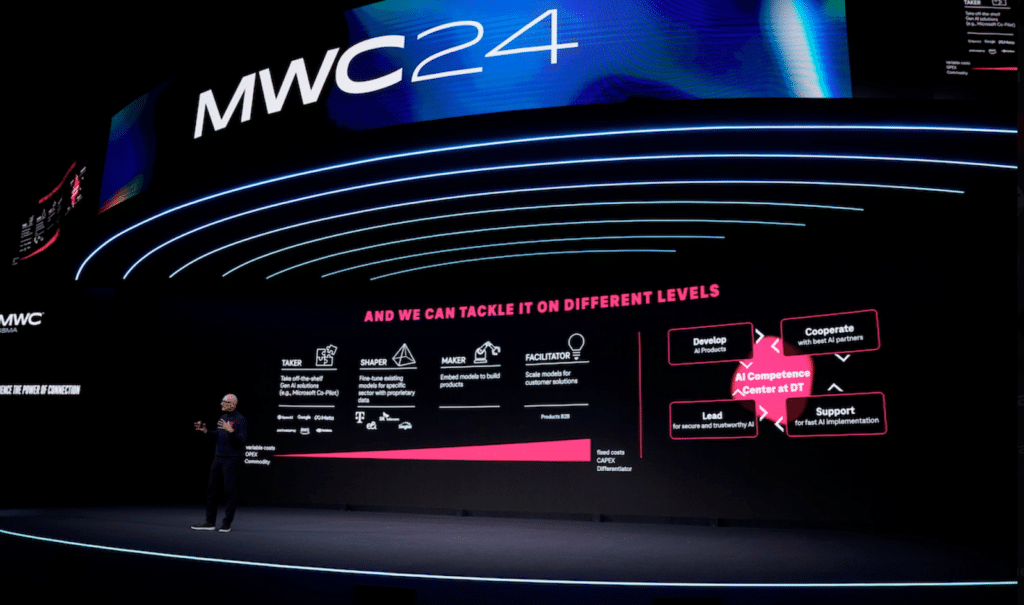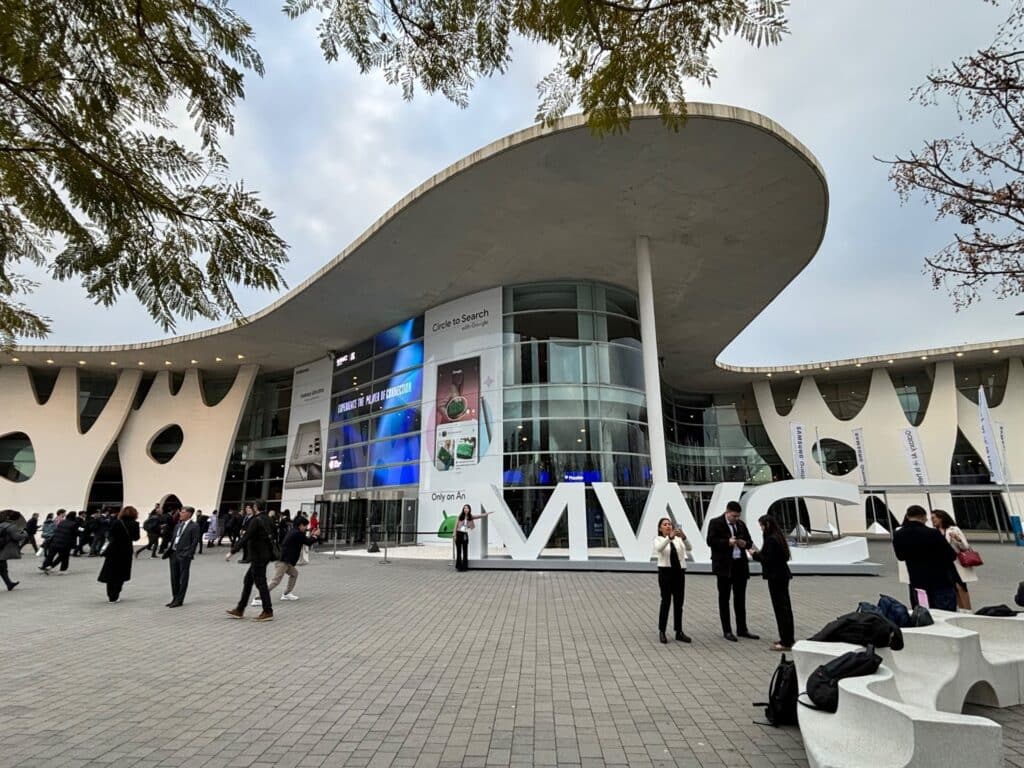
Improving App Experiences through the Mobile App Testing Process

Cara Suarez
As the CRO of Kobiton, my experience at the Mobile World Congress 2024 (MWC) in Barcelona, accompanied by our CEO Sean Barry and CTO Frank Moyer, was nothing short of revolutionary. The event served as a vibrant showcase of the latest innovations in mobile technology, with a particular focus on the convergence of networks, hardware, software, and the emerging force of Generative AI (GenAI). This year, the event provided profound insights into how these elements interplay to shape the performance and future of mobile applications in an increasingly connected world. The prominence of GenAI across various discussions highlighted its potential to redefine mobile experiences, making it a central theme of our observations and reflections on the event.
A recurring theme at MWC24 was the integration of Generative AI (GenAI) into mobile offerings. From Qualcomm’s announcement of increased adoption of their Snapdragon chip by leading manufacturers like Samsung to the discussions around how operating systems are increasingly taking control over the user experience, it’s clear that the landscape is shifting. GenAI, with its ability to interact and potentially bypass apps, presents both a challenge and an opportunity for developers and network operators alike. The question that looms large is, “How can your app remain relevant in the face of the growing capabilities of GenAI on smartphones?” The disruptive potential of Generative AI necessitates addressing the challenge of ensuring mobile quality at scale, a goal achievable through comprehensive mobile app testing and automation.

At Mobile World Congress 2024 (MWC24), a prevailing theme emerged that underscores the evolving landscape of mobile technology: the critical role of convergence in shaping the future of mobile applications and enhancing customer experience (CX). This concept of convergence isn’t merely about the technological integration of networks, hardware, software, and the emergent force of Generative AI (GenAI); it’s fundamentally about how these elements collectively impact the end-user experience.
In the current digital ecosystem, the distinction between an app, operating system (OS), network, carrier, or device fades away in the eyes of the consumer. Customers perceive their mobile experience as a unified journey, shaped by the seamless interaction with apps. Yet, the performance of these apps extends beyond their immediate code. The network’s capacity to support an app, the hardware’s capability to deliver, and the software’s ability to integrate all play indispensable roles. Traditionally, developers have concentrated on creating apps, while network operators have focused on managing networks. However, a gap often exists in this division of responsibilities, leading to misplaced blame on networks for app performance issues. The reality, as highlighted by insights from MWC24, calls for a more collaborative approach that recognizes the interdependence of these components.
The convergence of technology brings to light the complexity of delivering a seamless CX. It emphasizes the necessity for a holistic strategy that appreciates the interconnectedness of the mobile ecosystem. This is where the integration of GenAI introduces an additional layer of complexity, yet it also opens unprecedented opportunities for personalization and efficiency in mobile experiences. It’s not just about overcoming a technical challenge; it’s about seizing an opportunity to significantly enhance customer satisfaction and engagement.

Walking through the vast expanse of the expo floor, it was evident that many of the largest global carriers and companies are not just attendees but customers and partners of Kobiton. Notably, E&, one of the largest Middle Eastern telecoms with an outsized presence at MWC24, are leveraging our platform to enhance their services. This interaction with global giants reaffirmed our mission and the impact of our work on a global scale.
Our interactions with companies across various verticals, including airlines, delivery services, financial institutions, and media, highlighted the diverse applications of mobile technology and the universal challenges and opportunities it presents. The consensus is clear: the hardware, the chips, the operating systems, and the networks are all instrumental in determining how well an app performs.
One of the most insightful discussions at MWC24 revolved around Open RAN and its implications for the future of mobile networks. Open RAN represents a significant shift towards more open, flexible, and efficient network architectures, allowing service providers to use non-proprietary subcomponents from various vendors. This opens up a plethora of possibilities for optimizing app performance and network efficiency, enabling a more seamless user experience.
At Kobiton, our focus is on understanding and enhancing the interplay between apps, networks, and devices on a global scale because CX is really not about any one component, but the end to end experience. Engaging with industry leaders and innovators at MWC24 has reinforced our commitment to this mission. The insights garnered from the congress will undoubtedly shape our strategies and solutions, ensuring that we continue to lead the way in providing platforms that cater to the dynamic needs of developers, network operators, and users alike.
In conclusion, MWC24 was not just an event; it was a glimpse into the future of mobile technology. The convergence of networks, hardware, and software is setting the stage for a new era of mobile applications, where the boundaries between the physical and digital worlds are increasingly blurred. As we move forward, Kobiton remains at the forefront, committed to empowering our customers and partners to navigate this exciting landscape with confidence and innovation.
For more 2024 mobile trends, download Kobiton’s research study: State of Mobile App Delivery, Test Automation and AI.